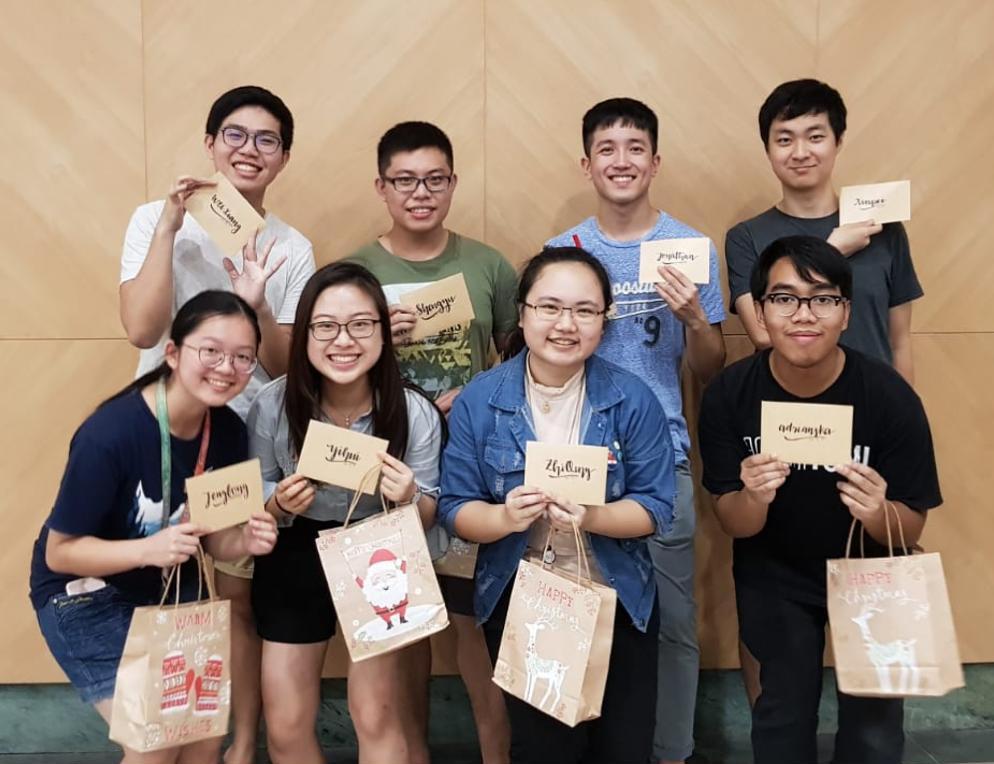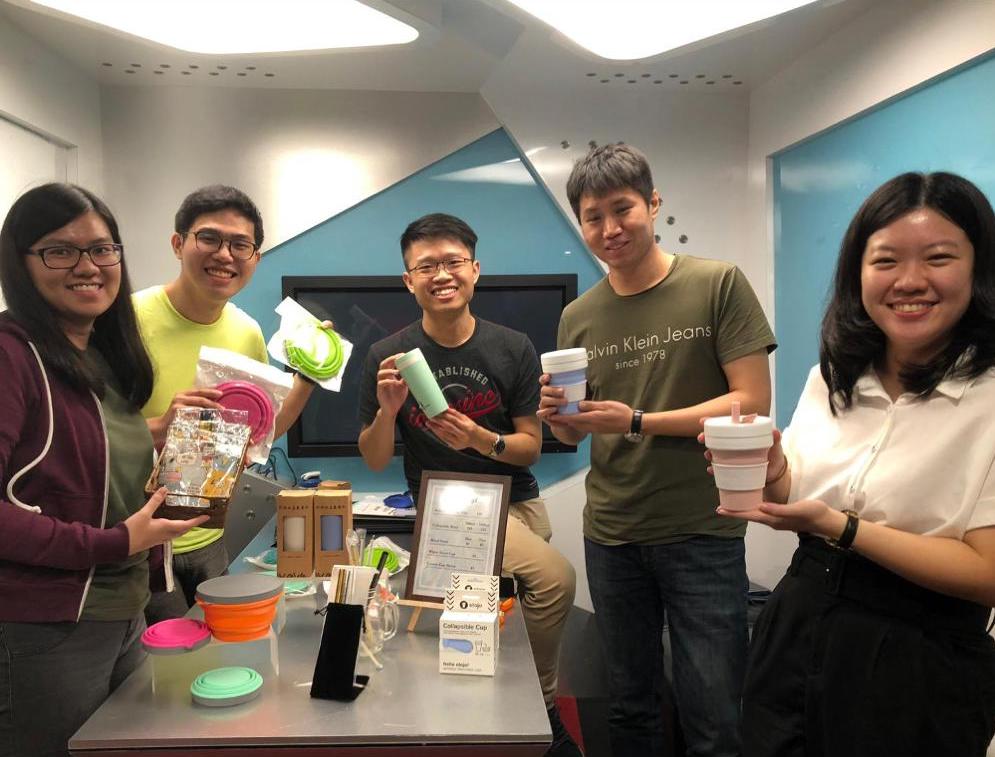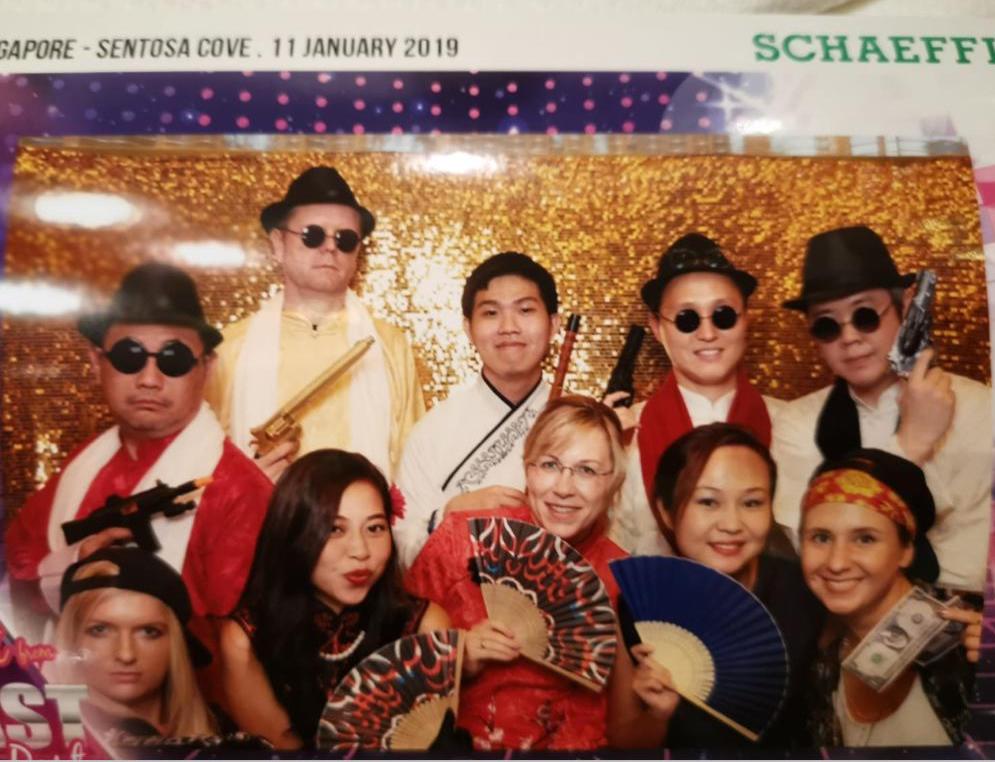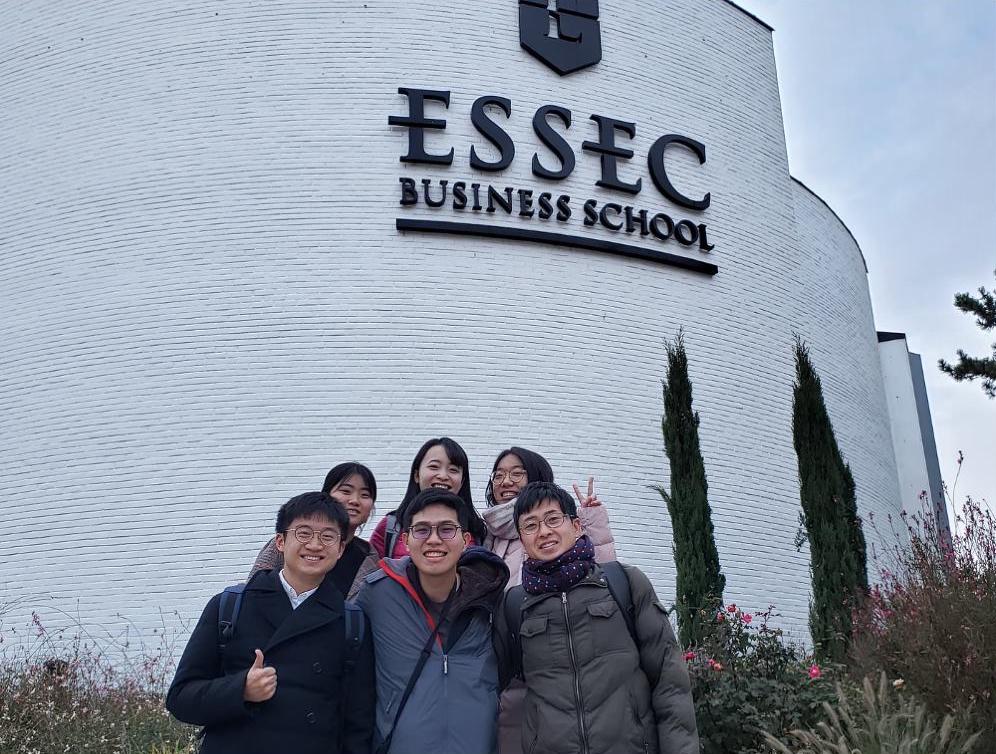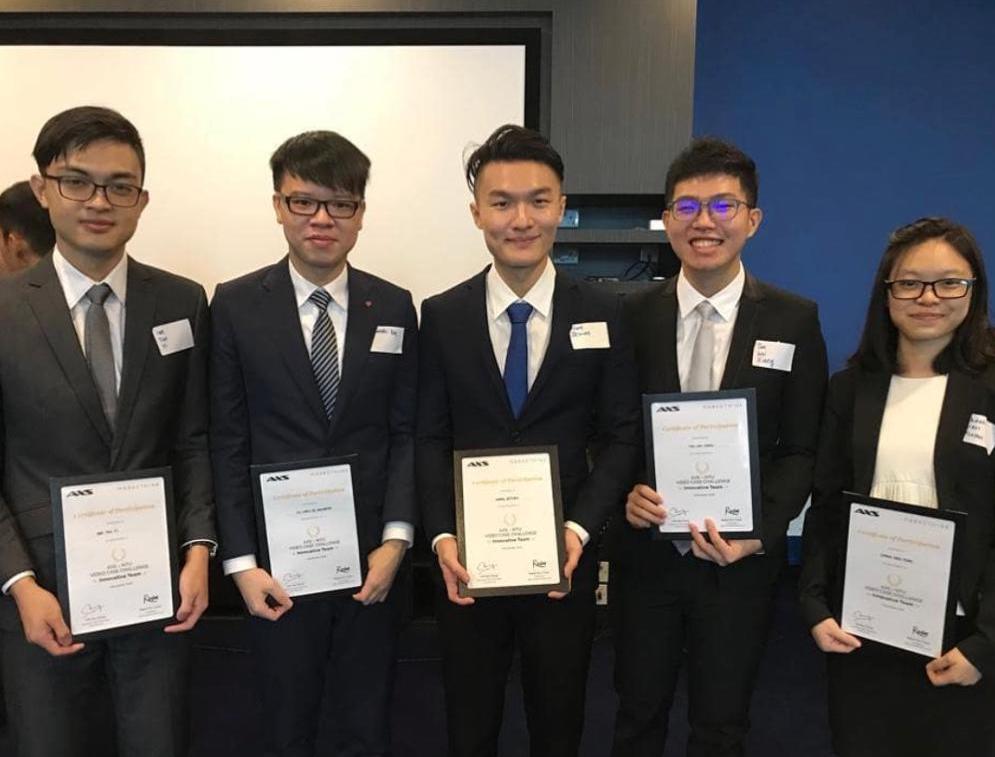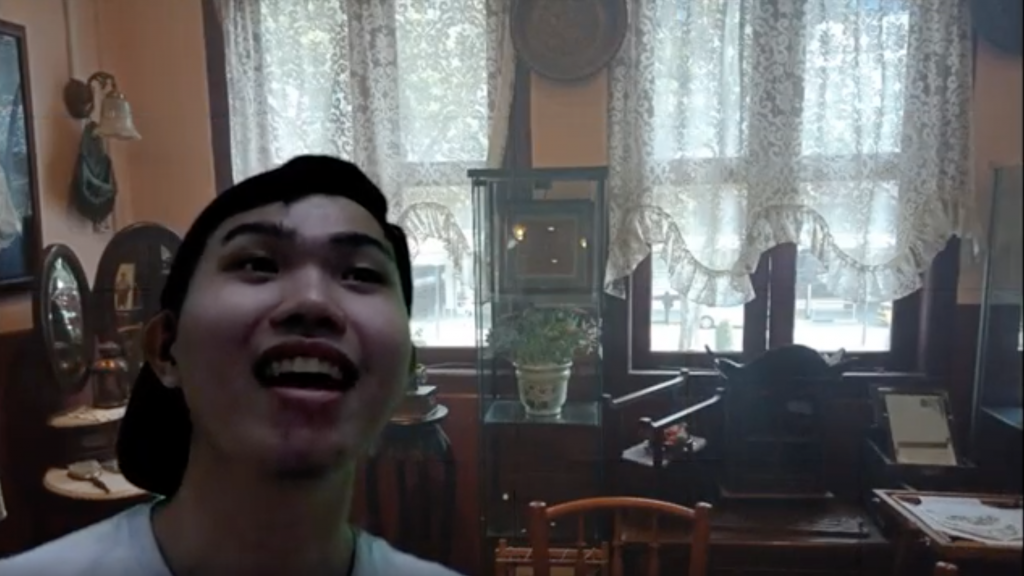It’s been a while since I last written about course reviews. If you had been following the story, for various reasons, I had decided to enrol back into Nanyang Business School to pursue a Mini Masters in Marketing Management. 5 months of hard work since November last year has finally come to a close! Here’s my course review of each of the modules:
CET016 Marketing Principles & Strategies
This module provides the basics to Marketing Strategy, and also adds a deeper level of understanding. For the students who did Business at Nanyang Technological University, this is the equivalent of AB1501 Marketing, with some elements of BE2502 Innovation Marketing. Content-wise, it is considered rather heavy, however those with basic marketing knowledge should be able to keep up, and also get excited by new concepts introduced.
In general, I enjoyed the classes taught by Dr Lim Boon Chong and Prof Hooi Den Huan. The professors were really helpful in answering queries as well as facilitating the class.
In terms of course load, this is a 4au course. For those unfamiliar with the academic unit system at NTU, 1au is the equivalent of 13 classroom hours, which means 52 classroom hours is used. There was a mix of self-paced learning (22h) and in-class learning (30h), some of which was done through zoom due to the safe distancing measures in Singapore. However, I felt that the actual time and effort put into the course is heavier than expected.
The method of assessment is a 30% MCQ Quiz, a 30% Marketing Written Report, and a 40% Final Written Test.
CET017 Marketing Research
This module provides knowledge for conducting quantitative and qualitative research, I believe there was also some elements on consumer behaviour involved as well. For the students who did Marketing at Nanyang Business School, I believe it corresponds to BM2502 Market Research, with some knowledge from BM2501 Market Behaviour. The content was straightforward to understand, and a marketing manager from Irvin’s salted egg was invited to the session to share about his experience with marketing for Irvin’s.
The profs were very knowledgeable in their lines of teaching. Prof Julien Cayla is an ethnographer by training and he is really good at teaching semiotics, one of the way to carry out qualitative research. Prof Thomas allard was very knowledgeable on the quantitative research aspect, and also invited a speaker to share about quantitative research techniques.
In terms of course load, this is also a 4au course. There was a mix of self-paced learning (22h) and in-class learning (30h), all of which some learning was done through zoom due to the safe distancing measures in Singapore. I felt that it was the right workload for a 4au module.
The method of assessment is 10% Participation, 25% Reflection on Qualitative Research, 25% Reflection on Quantitative Research, 40% Group Brand Audit.
Besides this, I also managed to apply my knowledge in real life, do check my post on quantitative survey fielding here!
CET018 Branding
This module provides knowledge on branding done by a company, topics of which include brand identity, brand transgressions. The course also looks into different types of context of branding, for instance, luxury branding and international branding. I believe that this would correspond to the undergraduate course of BM3506 Strategic Brand Management.
Prof Caleb Tse and Prof Sharon Ng were very knowledgeable and understanding. Knowing that many of us are studying part-time while having full time work, they condensed the workload to a lot of the assessments being done in class, which really helped as I was very busy with a Branding project at work that month. Also, managed to get some brand strategy tips from Prof Caleb, who was really willing to help when I reached out to him via email.
In terms of course load, this is also a 4au course. There was a mix of self-paced learning (22h) and in-class learning (30h), all of which some learning was done through zoom due to the safe distancing measures in Singapore. I felt that the workload itself was more of a 3au course, but the complexities of the course certainly required a deeper understanding of marketing in order to fully appreciate.
The method of assessment was 40% through 4 online quizzes, 30% through two in-class group cases and 30% for a final short essay exam.
CET019 Digital Marketing
This module introduces us to the concept of digitisation, and how the marketing environment has changed in the world of digitisation. We were given the opportunity to also take on some certifications as part of the course assessment, and were taught of the various digital tools available for a digital marketer to work with. I believe that this would correspond to BM2506 Digital Marketing, with a lessened assessment load.
Dr Boey Yew Tung and Dr Wong King Yin managed to share a lot and let us understand more about digital marketing through various cases, where we can assess metrics like conversion rate, as well as measuring marketing effectiveness. I managed to also get some tips about how to improve my blog content and SEO techniques, which I hope to see results coming in and looking forward to doing a new sharing if it works out! (Yes! I changed the colour scheme of my blog because of something I found out during class.)
In terms of course load, this is a 3au course. There was a mix of self-paced learning (9h) and in-class learning (30h), some of which was done through zoom due to the safe distancing measures in Singapore. I felt that the workload matches that of a 3au course, however, the content does get a bit technical at times and it might be tough for people from a non-technical background to follow with the class.
The method of assessment is 15% Google Analytics Certification, 15% Hubspot Inbound Marketing Certification, 30% Reflection Report and 40% Final MCQ Quiz.
Final Words
Overall, I am thankful that I have embarked on this opportunity to further understand marketing, and believe that the knowledge will be useful for me in my career in the long run! I hope that this article is useful to you just like it has been a great reflective journey for me.
Thank you to NTU for the free Alumni Credits for 2020 graduates. I hope to put the knowledge attained to good use in future!
If you liked this page, do bookmark this site, or follow us on our LinkedIn page.
If you are interested in finding out more on my reflections on working and studying at the same time, do read this post!
If you are an undergraduate or graduate student deciding between marketing and analytics, do read my comparison of these two specialisations.
Photo Credits: Original Artwork by Tan Wei Xiang


